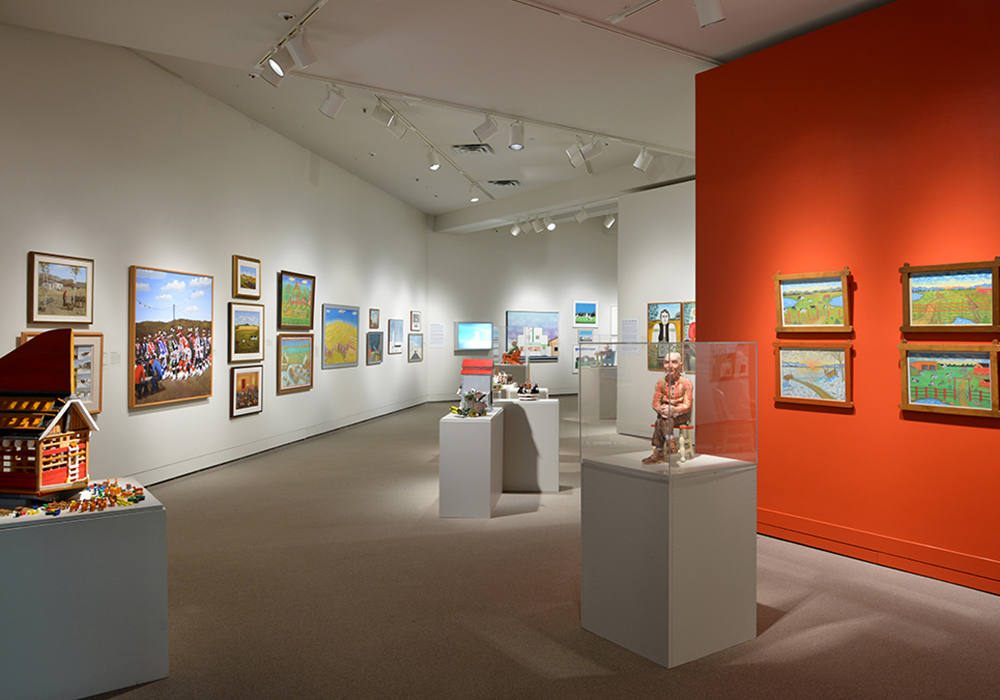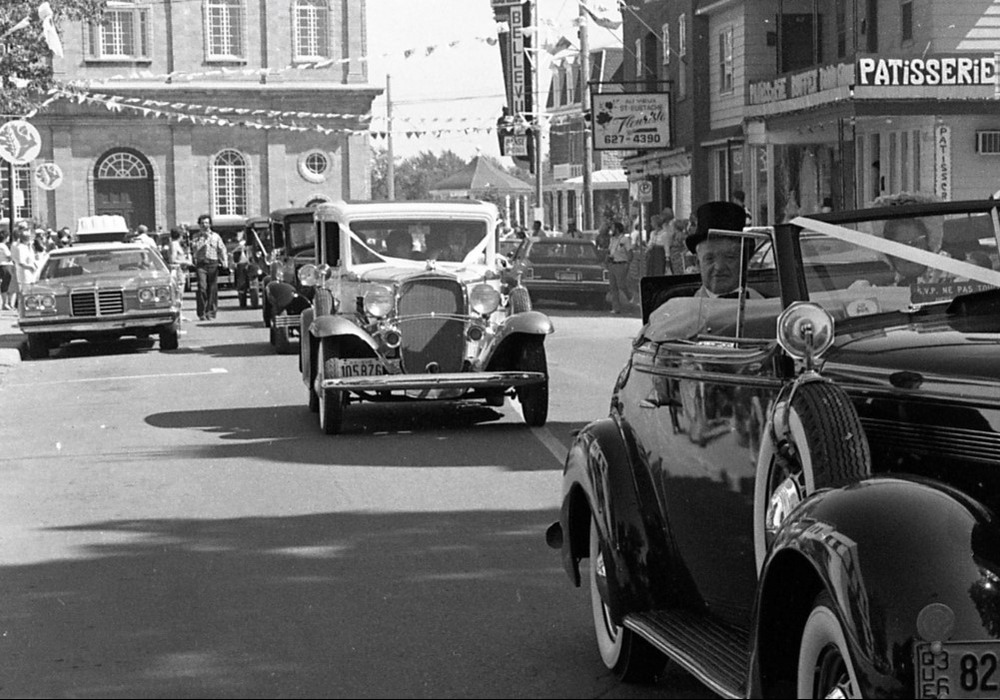
This exhibition discusses the role and heritage of women’s groups in the Eastern Townships, from the establishment of the first Women’s Institute, in 1911, to the present day. The key aspect is the establishment a link between present-day women’s groups and organizations and the issues and group-dynamics that galvanized Townships women over the last hundred years. By demonstrating the remarkable continuity in focus and means of action demonstrated by local women’s groups through time, the exhibition seeks to stimulate awareness of the effectiveness of collective action and a renewed sense of local identity. The title “Through the Looking Glass” evokes a female protagonist, Alice, but more importantly, the frequent switching back and forth through time that characterizes Lewis Carroll’s famous story.
The Eastern Townships Anglophone community was mainly rural during the first half of the 20th century, and individual Anglophone farming families became more and more isolated as rural areas became increasingly Francophone. In this context, the rural Women’s Institutes met a particular need, in allowing women from scattered farms to come together on a regular basis to discuss a wide range of community issues and define solutions for the future. The region’s first Women’s Institute was founded in 1911 and local chapters proliferated during the 1920s and 1930s. Women’s Institutes remained the predominant form of community organization for women until the 1960s. As of that period, new women’s groups began to take their place, while continuing to play a fundamentally similar role. In an increasingly urbanized and socially diversified society, women began to look to a range of new organizations, such as the Lennoxville and Ascot Women’s Centre and Grandmothers to Grandmothers, as a means of expressing their community involvement.
Women’s concerns about health and “wellness”, education, work, poverty, identity, international relations and “world peace” are at the forefront of this exhibition. Important parallels can be drawn between women’s concerns in the past and women’s present-day concerns, as expressed by their participation in a variety of Townships organizations and the continuity in their community action.

